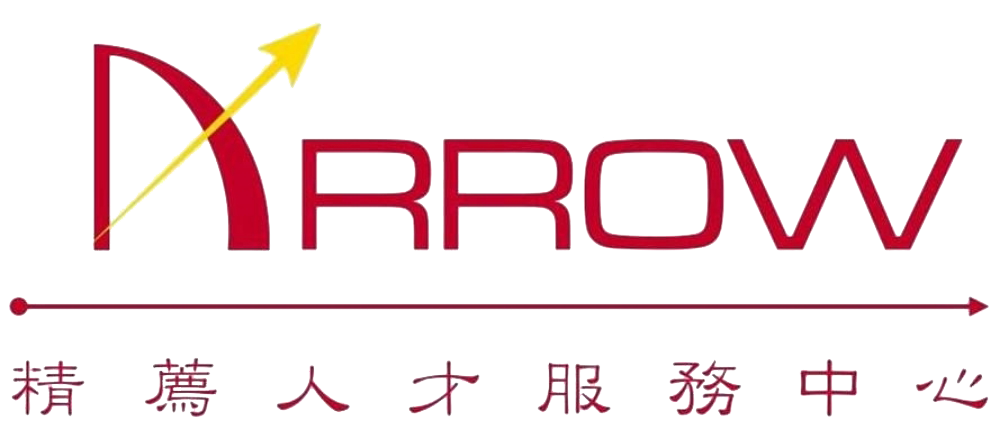Are you giving your helper "pasma"?
Pasma or Pasmado: An Ailment that is Purely Filipino
Filipinos have this ailment called “pasma” or its adjective “pasmado.” This ailment affects the limbs particularly the arms and at other times the lungs. Its symptoms vary like having sweaty palms, or soles of the feet or shaky hands. The word is also used to explain pain on the hands and limbs and even general weakening of the body.
The word had its roots from the Spanish “espasmo” which translates into “spasm.” The ailment is commonly recognized as “folk illness,” which means this illness is defined by Filipino culture defined rather than conventions western medicine. The medical sciences has yet to look into this folk illness.
According to Filipino culture, one will suffer from “pasma” when there is a sinister interaction of hot and cold in the body. When one had just finished an activity that makes the body hot, care should be taken that the body should not cool down too quickly. A common application of this belief is that one should avoid getting his hands wet right after doing the chore of ironing clothes.
This matter has become a common flash point between the Filipino helper and her Hong Konger employers.
In our new-comers’ orientation sessions for helpers working in Hong Kong, we have found it challenging to explain to them that they may have to change their bathing schedule. Filipinos are used to bathe in the morning while their Chinese hosts/employers would want the members of their household to bathe before they go to bed. We warn them that at times they may have to do cooking right after doing the ironing of clothes. In the minds of these Filipino helpers this is a sure fire way of contracting “pasma.” On a number of sessions I would jokingly challenge that “pasma” never exists in Hong Kong (lit., “hindi uso and pasma sa Hong Kong”). Oftentimes, my jokes were received with a somber reprimand - “pastor, this is serious thing.”
Just recently I took one helper who believes she was suffering from “pasma.” We took her to the doctor and she was diagnosed with muscle pain. She was given liniment and some pain reliever. We also helped her find a good “hilot” (massage therapist) to bring relief to her ailment. She explains that her particular “pasma” was caused by having to take a shower right after doing the ironing.
We saw one who says she was “pasmado” to the point that she cannot move her arm. Her pain was almost unbearable. Her limb felt like dead weight on her body. The doctor later diagnosed it as acute carpal tunnel- a serious disease. I had a difficult effort to explain to her what the disease is all about as she attributed the cause to the heavy load of ironing and having to wash her hands afterwards. There are other precipitating factors than just hard work. To the Filipinas who learned about her ailment, they were struck with fear as to what the lifestyle in Hong Kong can do to their health as well.
One time, one helper had a mild stroke, half of her body was paralyzed. The doctor dutifully did the necessary tests and was very sure of his diagnosis, but many of the Filipinos who heard about her ailment say that this is one case of “pasma.”
How can the matter be handled? How can the cross-cultural conflict be avoided?
A good and open discussion about the helper’s schedule particularly the one that involves ironing, cooking and bathing will accomplish much. Moreover, employers should also understand that each individual Filipino may vary in how they believe in “pasma” vis a vis the conventions of medical science. Some of them may totally not believe in it.
Keep in mind that it will be futile to argue against the worldview or belief system of another person with the intent of changing it. So for starters, to give leeway to accommodate your helper’s belief on the matter and through open dialogue you maybe able to help them have a broader perspective on the matter “pasma.”
